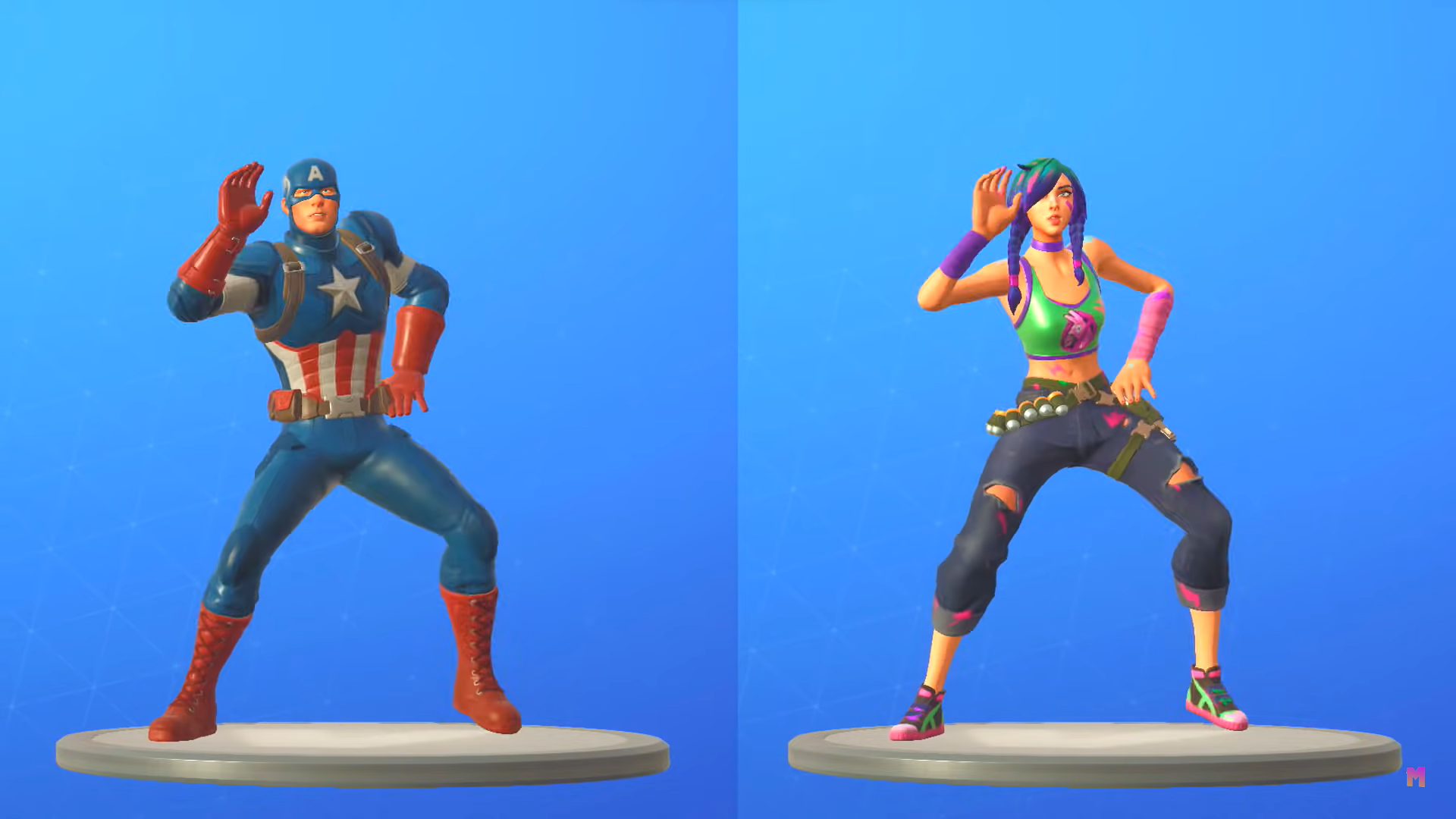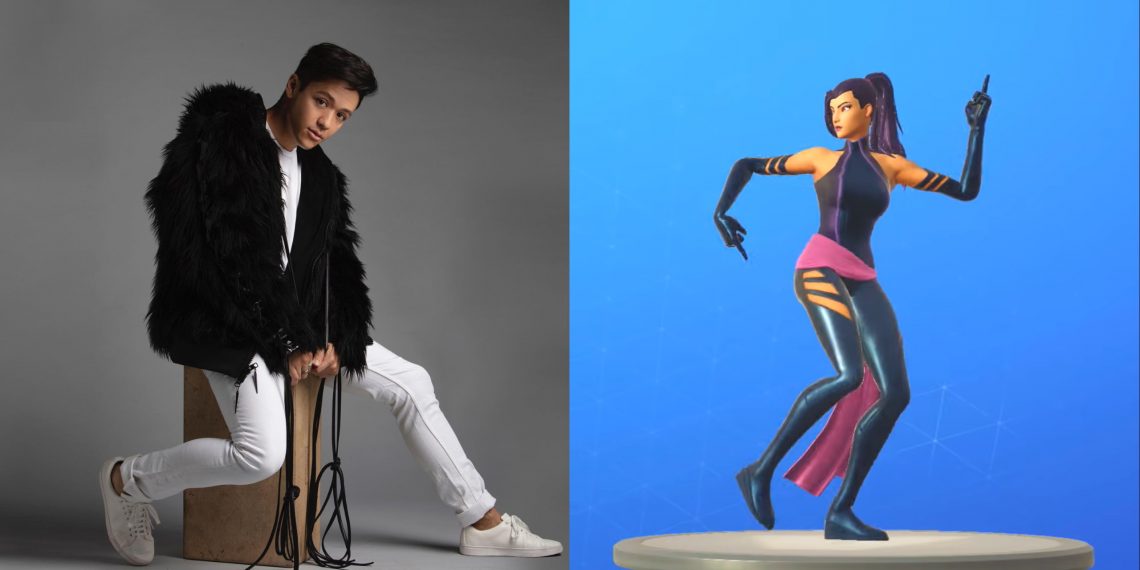On November 1, 2023, The United States Court of Appeals for the Ninth Circuit decided to revisit Kyle Hanagami’s allegations against Epic Games.
Choreographer Kyle Hanagami claimed that Epic Games, the creator of the videogame Fortnite, infringed the copyright of his choreographic work depicting portions of the registered choreography in Fortnite’s It’s Complicated Emote dance.
Hanagami filed the case for stealing his choreography in March 2022, but it was dismissed, claiming the works were slightly different in August 2022.
Epic Games debuted “Fortnite,” an online video game, in 2017 with its first season of Battle Royale. It started on October 26 and concluded on December 13, 2017. It was the second shortest season in the game, lasting only 49 days. The game allows players to purchase costumes and dances to use during gameplay.
It is a free platform but includes numerous opportunities for players to spend real money in order to customize characters. More a platform than a game, Fortnite includes a virtual world with many forms of entertainment, including virtual concerts performed by real artists.

The recent turn in the legal saga
Kyle Hanagami is popularly known for his choreography with Blackpink, Justin Beiber, Charlie Puth, and many other celebrities. He has also partnered with globally recognized brands like Nike, Disney, Netflix, and Calvin Klein. He is a YouTuber with 4.5 million subscribers and more than 1 billion viewers.
He has become one of the best in the field of choreography with his captivating moves. He won the iHeart Music Award for ‘Favorite Music Video Choreography (BlackPink – Kill This Love) in 2020.
He is in a legal war against The Epic Games for violating copyright that the Federal Court of Appeals has rebooted. Earlier, he accused the developer of Fortnite with the allegation of stealing his choreography for a 2017 video of Hanagami dancing to Charlie Puth’s “How Long”.
Hanagami owns a validly registered copyright in the five-minute choreographic work. Last year, Epic Games filed to dismiss the case, alleging that Hanagami’s “How Long” moves and their “Fortnite” emote were not similar.
A U.S. district judge dismissed the suit in August 2022, ruling that the emote comprised only a “small component” of the choreography and Hanagami lacked protection for individual “poses.” The court added that
Like other forms of copyrightable material such as music, choreography is composed of various elements that are unprotectable when viewed in isolation. What is protectable is the choreographer’s selection and arrangement of the work’s otherwise unprotectable elements.

The district court dismissed Hanagami’s claim on the grounds that the copied choreography was a short and small part of Hanagami’s whole work. Hangami’s lawyer, David Hecht, posted a video showing the movements of the emote and the choreography done by Hanagami to prove his point. The video clearly showed the dance moves and the similarity between them.
But a serious turnover occurred in the case when The Ninth Circuit ruled out that the lower court had carelessly handled the case and taken only the poses as part of the verdict.
The selection and arrangement elements of the dance moves were completely ignored by the court, and when those were taken into consideration, the case was credible enough to proceed to trial. The court has asked the lower court to check into more aspects of the copyright rules.
This is not the first time Fortnite has been accused of copyright infringement; social media personality Backpack Kid alleged that the developers used his popular Floss dance move for an emote. Epic Games will seek the dismissal of the case anyway, but if not accepted by the court, the final trial will be executed.





